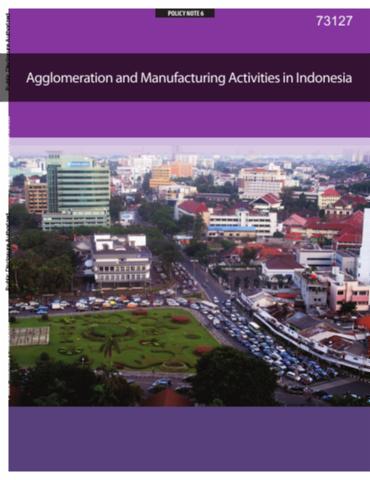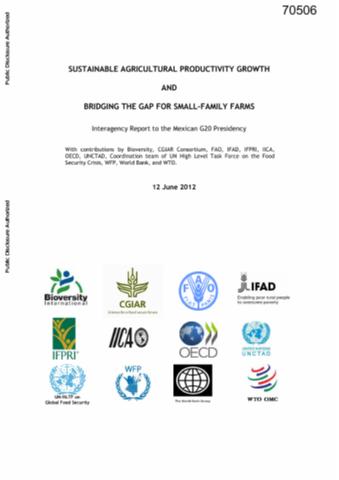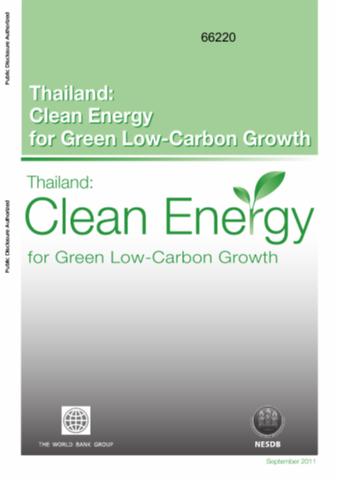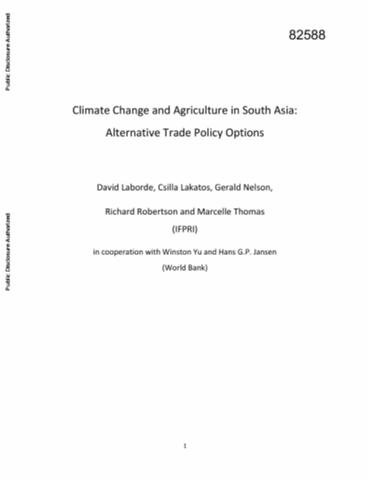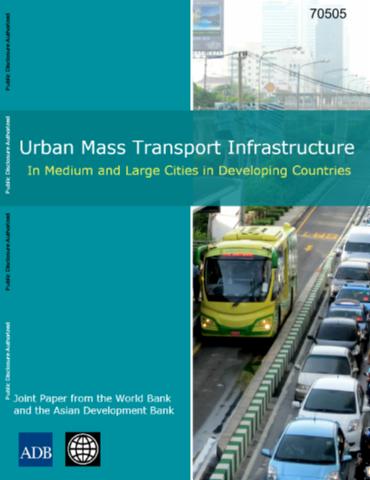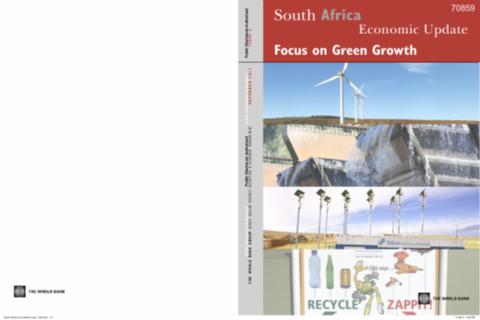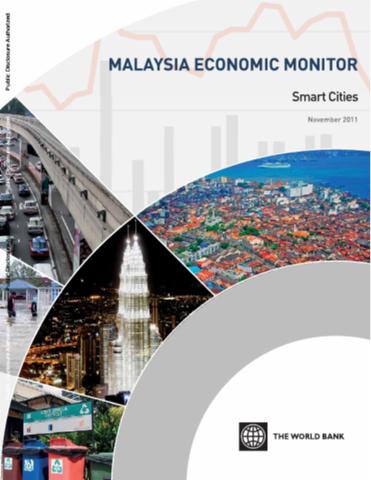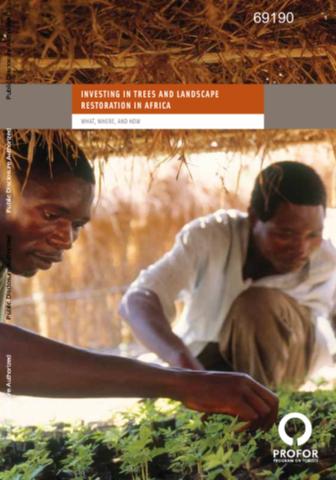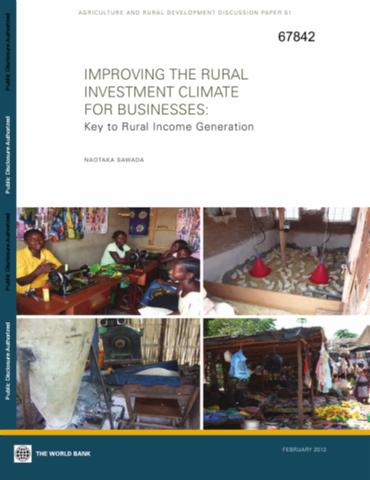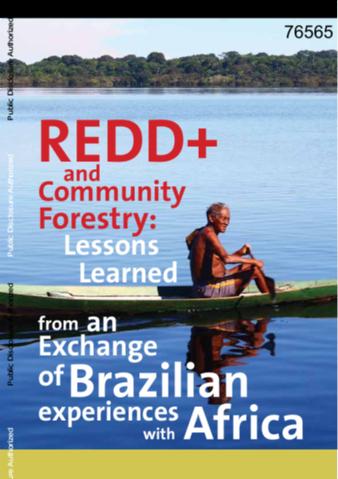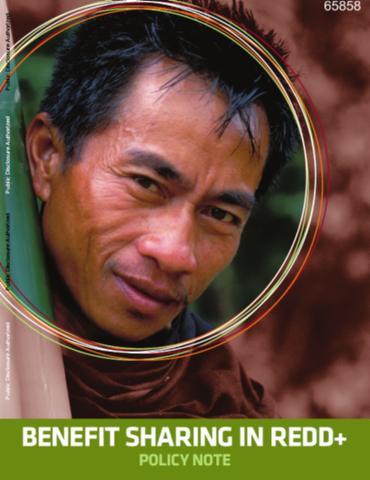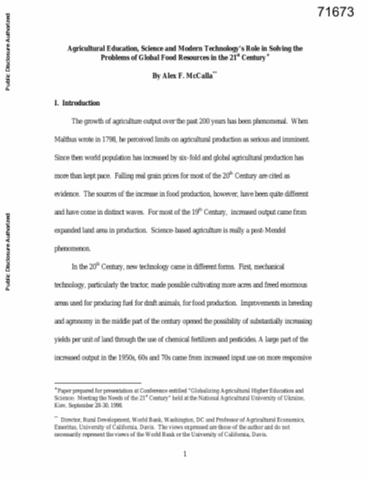Agglomeration and Manufacturing Activities in Indonesia
The importance of the agglomeration process in facilitating growth and productivity increases in Indonesia's manufacturing sector cannot be ignored. The agglomeration process is associated with improved productivity as firms enjoy external benefits from either urbanization or from the sharing of inputs available in certain locations. Evidence suggests that Java remains the main corridor for manufacturing activities, with large cities attracting manufacturers that are looking for externalities from urbanization.

